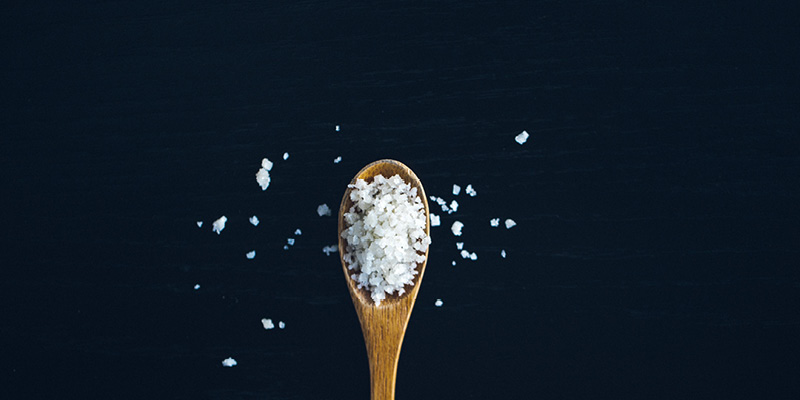kosher salt

What is Kosher Salt and Can I Substitute Regular Table Salt?
By Renee Shelton
Kosher salt is a course and flat-grain neutral tasting salt used for both cooking and for garnish.
Kosher salt does not contain additives such as idodine, but may include anti-caking agents. Since it has no other additives that may contribute to bitterness, kosher salt is widely used in cooking. Its texture is in the form of assorted shaped flakes formed under pressure rather than in tiny cubes like standard table salt.
Kosher salt can be used in most any recipe calling for salt, except in baking, where if there is not enough liquid in the batter, the grains will not dissolve properly. Kosher salt grains may differ brand to brand, therefore volume measuring may differ than weight measure when it comes to saltiness of the finished product. 1 teaspoon of regular salt will not equal 1 teaspoon of kosher salt because of shape of kosher salt, but also kosher brands of salt will have different sized grains as well.
Kosher salt gets its name from its work koshering meat, "koshering salt". Because kosher salt helps to draw out blood after slaughter, it is used in koshering meat. Kosher salt has the perfect texture to not immediatelty dissolve (too fine) or fall off the meat (too course).
Other applications: it's a great abrasive when cleaning cast iron pans.
This article was first published on pastrysampler.com on March 2, 2014. It was updated on September 30, 2020.
Photo by Jason Tuinstra on Unsplash.

